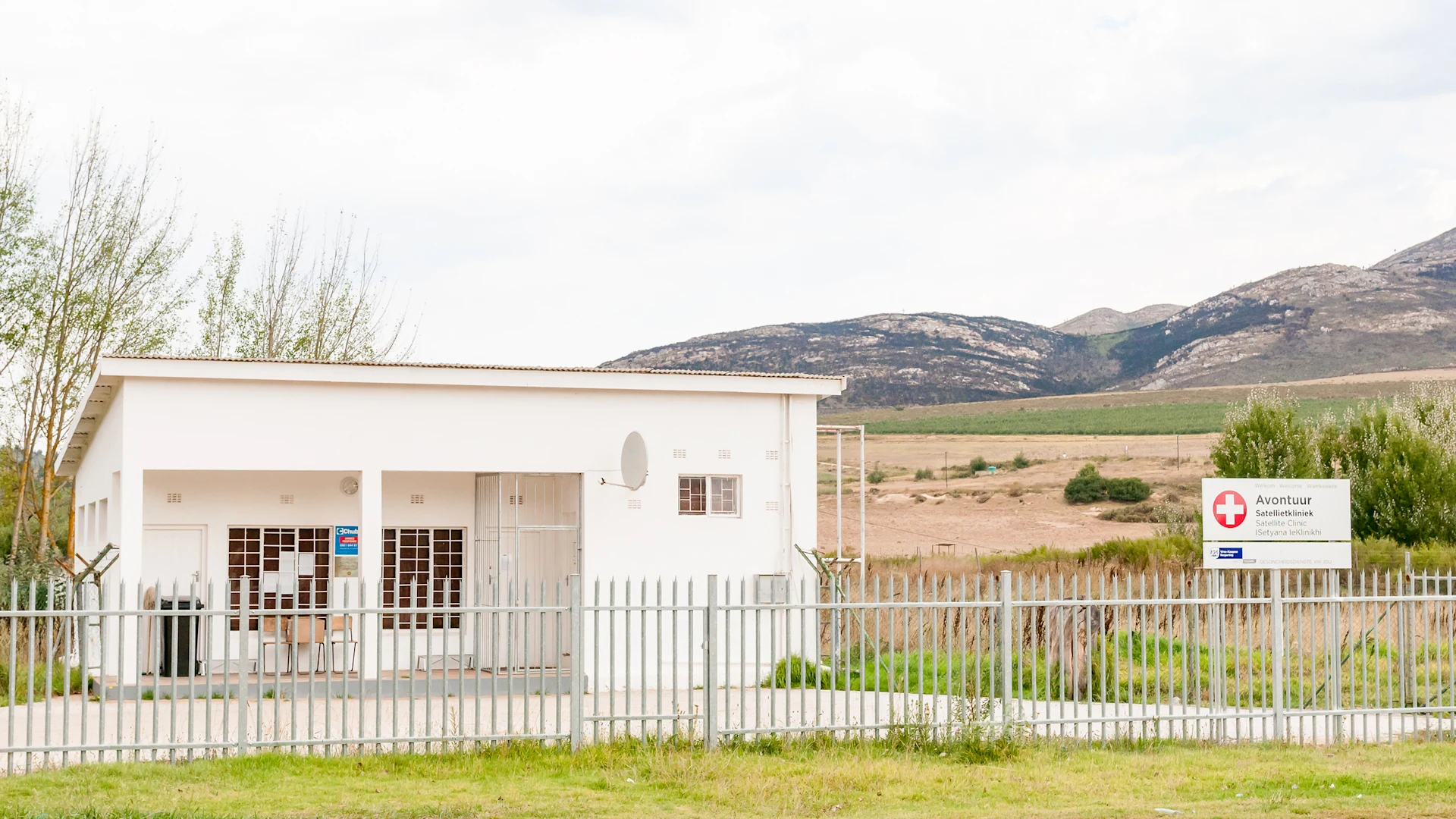
Sakeliga launches Case to oppose the NHI Act
Application lodged with High Court to the oppose nationalisation of healthcare.
Sakeliga has issued an application with the Pretoria High Court to overturn the National Health Insurance Act (NHI Act). The sheriff is currently serving the applications on the state respondents.
Sakeliga’s case entails a comprehensive defence of businesses and the public against the nationalisation of healthcare. We also present the court with evidence that the state’s plans to control all healthcare, effectively banning private medical aid and insurance, would require resources equivalent to a more than 30% increase in income taxes.
The case forms part of what has now become a mountain of legal opposition to the proposed NHI system.
The Act envisages an almost entirely state-controlled healthcare system in which the state claims to be able to pay for everyone’s healthcare. This is not only unaffordable, but essentially and unconstitutionally bans medical schemes and insurance businesses that currently serve nearly 10 million customers in South Africa.
Our papers demonstrate that the NHI Act is impossible to fully implement and will be another mismanaged state fund and a colossal waste of resources.
The NHI is inappropriate and unviable in South Africa, an economically struggling country with no growth and insufficient medical and healthcare resources. The state, moreover, is already under enormous fiscal stress and has a well-documented track record of severe, endemic, and persistent governance failures.
Damaging and unaffordable
If the state attempts to implement the NHI Act, it risks causing significant and lasting harm to healthcare services, driving thousands of skilled medical practitioners overseas, precipitating a fiscal crisis, and leading to a structural economic slump and job losses. It is both an unreasonable and unnecessary measure to tackle the country’s healthcare challenges.
Economic analysis commissioned by Sakeliga and included in our court papers shows that even conservative cost estimates of the NHI mean the state would need to fill an enormous annual funding gap of nearly R500 billion, which would require an unthinkable 30% increase in income tax rates. Having recently witnessed the backlash and resistance to just a 2 percentage point proposed increase in VAT in the 2025 National Budget, the tax increases required to fund the NHI are a non-starter.
If the government tried to fund the NHI out of existing taxes and borrowing, it would have to make debilitating cuts to other government services and spending obligations and raise government borrowing from already unsustainable levels, precipitating fiscal collapse and severe financial and economic harm.
NHI Act is already harmful
Because the NHI Act is impossible to implement, attempts to do so will be unusually harmful. The Act’s mere existence and the powers it seeks to afford the government already impacts future planning, weighing on medical business investment and hiring, medical professionals’ commitment to practising in the country, and decisions by young people to study medicine and nursing.
This is why the NHI Act must be defeated before any serious attempt is made to implement it.
Prolonged resistance to the NHI Act
Sakeliga’s filing in the public interest comes alongside several other prominent and substantial court applications in opposition to the NHI Act from various stakeholder groups including hospitals, medical schemes, medical practitioners, and medical scheme members. Together, these represent not only a substantial legal challenge to the state’s NHI plans, but the expression of opposition by the very stakeholders without whom healthcare services are not possible at all.
Although signed by the president and already harming healthcare industry sentiment, the NHI Act is not yet in effect. Medical schemes, hospitals, and healthcare practitioners continue to operate normally. The implementation timeline will likely be slow, inefficient, and beset by bureaucratic and political friction. This provides a substantial window, probably several years, to mount and escalate comprehensive opposition both inside and outside the courts.
Sakeliga believes it is crucial not only to have the NHI Act set aside but also to reorient the negotiation terrain for healthcare in the country. Stopping the nationalisation of healthcare should be a crucial springboard for reform efforts towards overall less regulation in the sector – even compared to pre-NHI levels.
Only business growth and productive employment, together with greater freedom for healthcare businesses to trade, invest, and innovate, can furnish the means required to scale up quality healthcare supply.
The NHI turns this logic upside down, adding tax and regulatory burdens that will ultimately crush productivity and do great damage to healthcare services.
Healthcare businesses should steer as far as possible away from overcompliance and pre-compliance with the NHI and instead prioritise a business-as-usual, value-adding customer focus wherever feasible.
Independent businesses and business organisations should remain patient, avoid unnecessary compromises, and support well-structured opposition to buy time and repeal the NHI Act or render it functionally impotent.
In doing so, they will play an essential role in crafting an environment for flourishing and expanding healthcare services.
Resources

